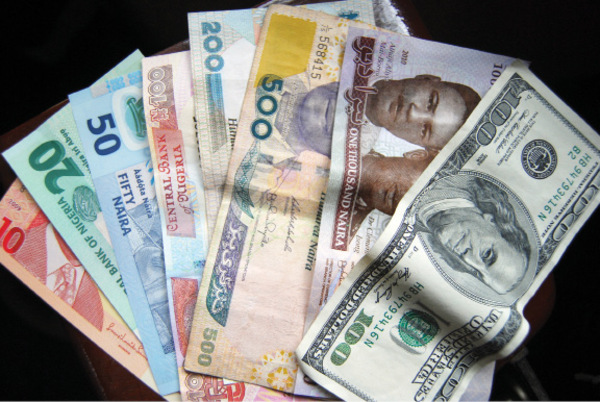CBN Stops Use Of Foreign Currencies As Collateral For Naira Loans
The Central Bank of Nigeria has written to all banks in Nigeria to stop the use of foreign currencies as collateral for naira loans.
The circular was signed by the apex bank’s acting Director, Banking Supervision Department, Adetona Adedeji, and uploaded to its website on Monday.
The apex bank said it had observed the use of FCY by bank customers as collateral for naira loans and, therefore, prohibits it with immediate effect.
It, therefore, directed banks to trim all existing loans with foreign currency collaterals to 90 days or attract a 150 per cent capital adequacy ratio computation as part of the bank’s risk.
“The Central Bank of Nigeria has observed the prevailing situation where bank customers use foreign currency (FCY) as collaterals for Naira loans.
“Consequently, the current practice of using foreign currency-denominated collaterals for Naira loans is hereby prohibited except where the foreign currency collateral is Eurobonds issued by the Federal Government of Nigeria or guarantees of foreign banks, including standby letters of credit.
“In this regard, all loans currently secured with dollar-denominated collaterals other than as mentioned above should be wound down within 90 days, failing which such exposures shall be risk-weighted 150% for Capital Adequacy Ratio computation, in addition to other regulatory sanctions,” the circular read.
The CBN maintained that it is on a mission to ensure that there is adequate foreign exchange in the market even as the naira is being strengthened.
Eurobonds, according to the Hong Kong and Shanghai Banking Corporation (HSBC), are bonds issued offshore by governments or corporates denominated in a currency other than that of the issuer’s country.
Eurobonds are usually long-term debt instruments and are typically denominated in US dollars.
Letters of Credit, according to the International Trade Administration, are contractual commitments by the foreign buyer’s bank to pay once the exporter ships the goods and presents the required documentation to the exporter’s bank as proof.
As a trade finance tool, Letters of Credit are designed to protect both exporters and importers.
The apex bank’s previous circular to all the banks signed by its former Director, Corporate Communications Department, Ibrahim Mu’azu, the bank said its attention was drawn to the increasing use of foreign currencies in the domestic economy as a medium of payment for goods and services by individuals and corporates.




